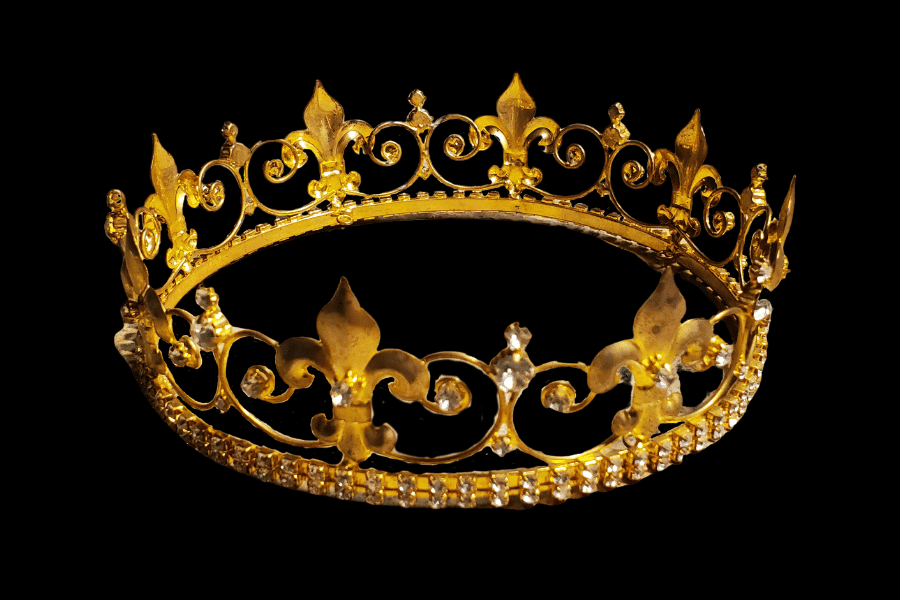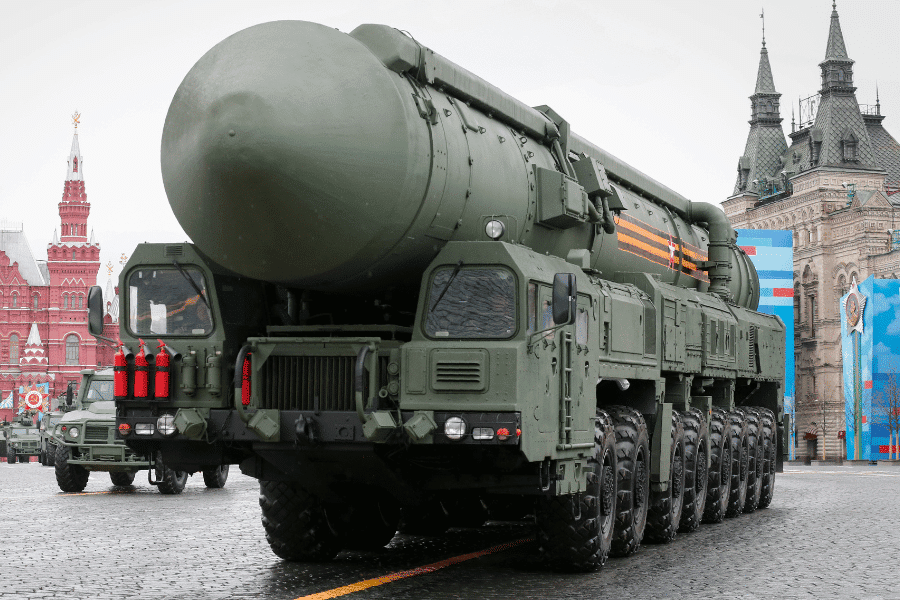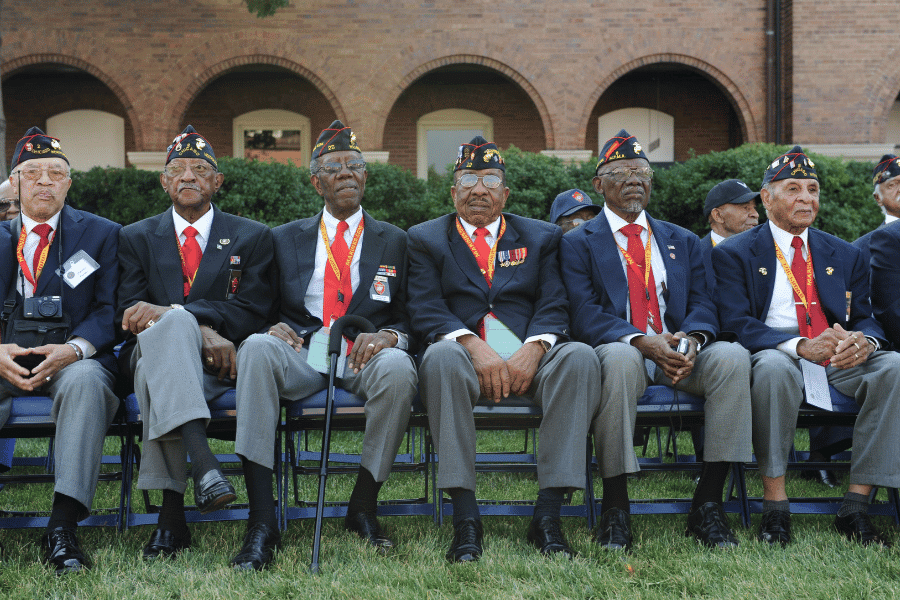
by Bernd Debusmann | 8 May 2024 | Decoder Replay, History, Israel-Palestine, Middle East, Politics
The world’s court can issue arrest warrants against government leaders. But would a country like Israel submit to its authority? The International Criminal Court, or ICC, is seen in The Hague, Netherlands in 7 November 2019 (AP Photo/Peter Dejong) Editor’s...

by John West | 7 May 2024 | China, Decoders, History, Politics
Both China and Taiwan are important players on the international stage. But the status quo that has Taiwan enjoying autonomy from China might not last. The crowd cheers at a Democratic Progressive Party rally in Taipei, Taiwan, 13 January 2024. The ruling DPP party...

by Helen Womack | 3 May 2024 | History, Human Rights, Journalism, Russia
In Russia, international press credentials don’t keep journalists out of prison. But how to stop Vladimir Putin from using arrests to spur prisoner swaps? Wall Street Journal reporter Evan Gershkovich, left, stands in a glass cage in a courtroom at the First...

by Daniel Warner | 30 Apr 2024 | Decoders, History, Human Rights, Israel-Palestine, Middle East, Politics
To understand the anger and fear in Israel and Palestine, you have to go back to Israel’s foundation and the lines drawn in the sand. A Palestinian protester argues with Israeli security forces to prevent shooting tear gas at Palestinian protesters during a...

by Paul Spencer Sochaczewski | 22 Apr 2024 | Asia, History, Politics
There are tales in history of common folk becoming supreme rulers. How difficult is that to do? This article was produced exclusively for News Decoder’s global news service. It is through articles like this that News Decoder strives to provide context to complex...

by Bernd Debusmann | 3 Apr 2024 | Decoder Replay, History, Nationalism, Politics
Autocrats are on the rise all over the world. Why would a voter choose one over a candidate that believes in democracy? Two ballot boxes give voters the choice of democracy vs dictatorship. (Illustration by News Decoder) Editor’s note: On 31 March 2024, voters...

by Harvey Morris | 20 Mar 2024 | Decoder Replay, History, Politics, Russia, Ukraine
Three decades after the collapse of the Soviet Union, Russia’s invasion of Ukraine has revived dormant fears of a catastrophic nuclear war. Russian RS-24 Yars ballistic missile rolls in Red Square during the Victory Day military parade in Moscow, Russia, 9 May...

by Joshua Glazer | 11 Mar 2024 | Culture, History, Judaism, Religion, School Year Abroad, Student Posts, United States, Youth Voices
Like their parents before them, thousands of U.S. teens head to camp this summer. But for many, this R&R combines relaxation with religion. Two generations of kids at Jewish summer camp. Joshua Glazer, shown right, and his mother, when she was about the same age....

by Ashley Perl | 7 Mar 2024 | Culture, Educators' Catalog, Europe, History, University of Toronto Journalism Fellows, Women
There isn’t much of a gender gap in Iceland, except in its maritime industry. But go back in time, and you’ll find women pulling in nets and steering the helm. A painting of Foreman Thurídur by Marian McConnell. Habitually clad in trousers, a rust-coloured...
For the world’s most gender-equal country, Iceland has a maritime industry that is surprisingly gender inequitable. Why and how has the status of Icelandic seafaring women regressed over the years? This piece by Ashley Perl gives an overview. In the article’s accompanying classroom activity, have students try their hand at uncovering the history of traditionally gendered professions in a research assignment well-suited for Women’s History Month.
Exercise: Read the article as a class, and then discuss the factors that have contributed to an increasing gender gap in the fishing and maritime industries in Iceland. Afterwards, have students select a profession that has a large gender imbalance in your country (perhaps teaching, nursing, engineering, etc.). Instruct students to research the history of the profession to see if these gender imbalances were the case historically, too. As part of this assignment, you may consider teaching research skills like assessing source credibility and using databases like Google Scholar.

by Lance Roller II | 5 Mar 2024 | History, United States, University of Toronto Journalism Fellows
Thousands of Black Marines fought in World War II. But they had to fight for the right to do so. Now their nation wants to honor them, if they can be found. Montford Point Marines attend a Congressional Gold Medal Commemorative Ceremony at Marine Barracks Washington...










